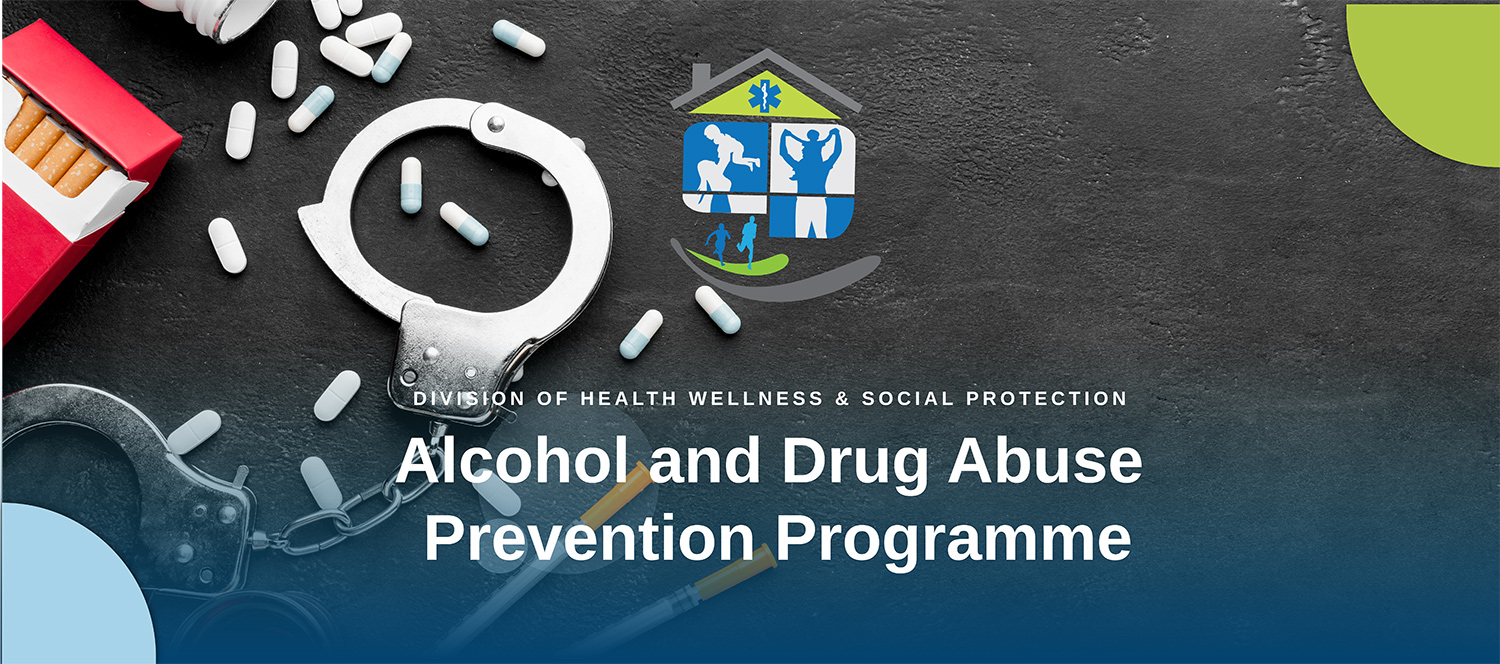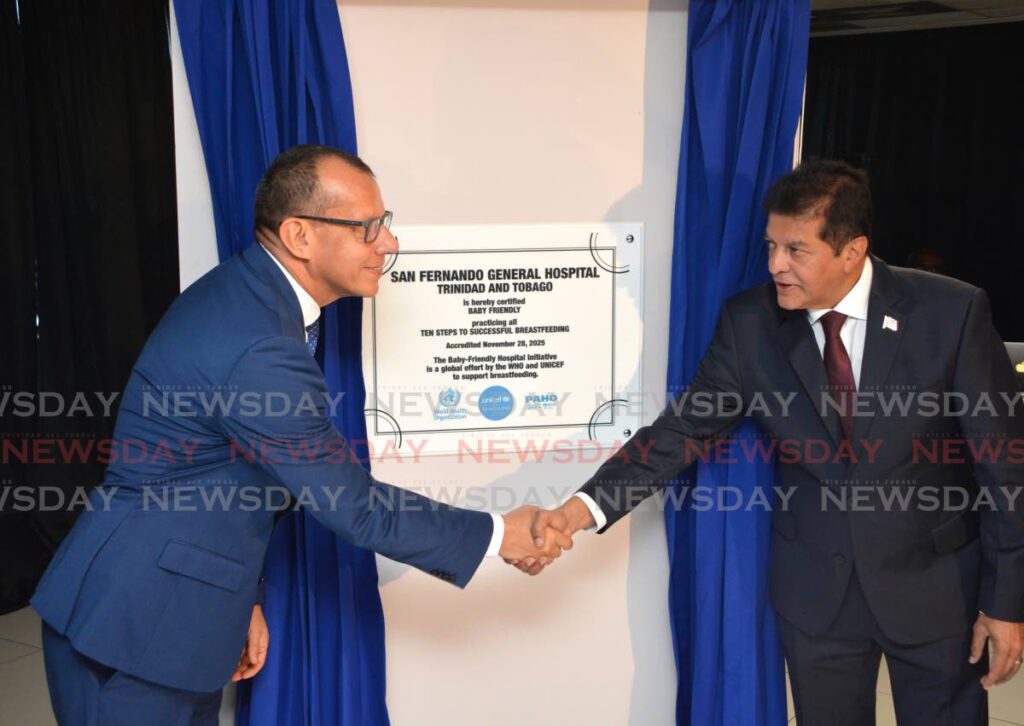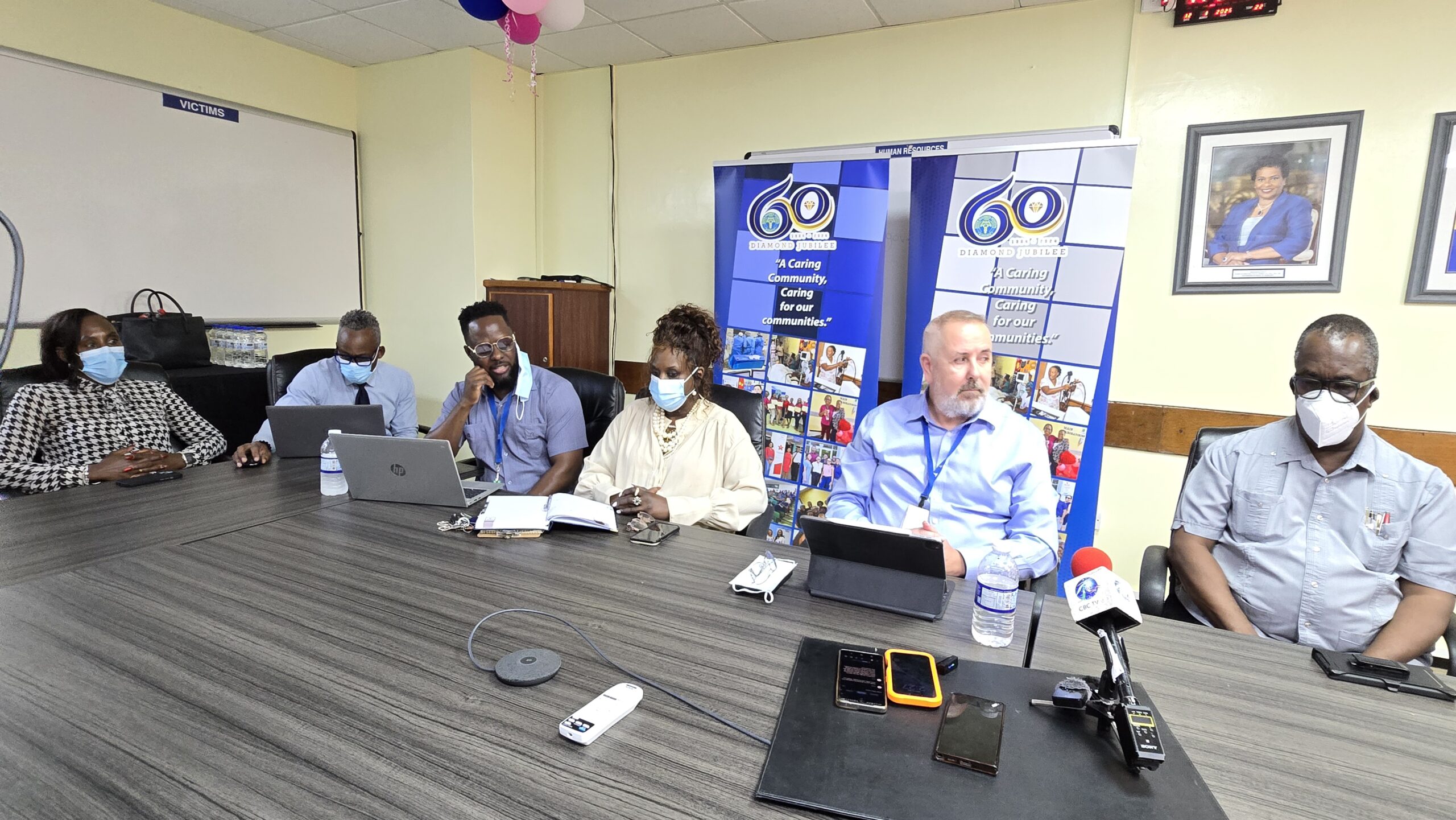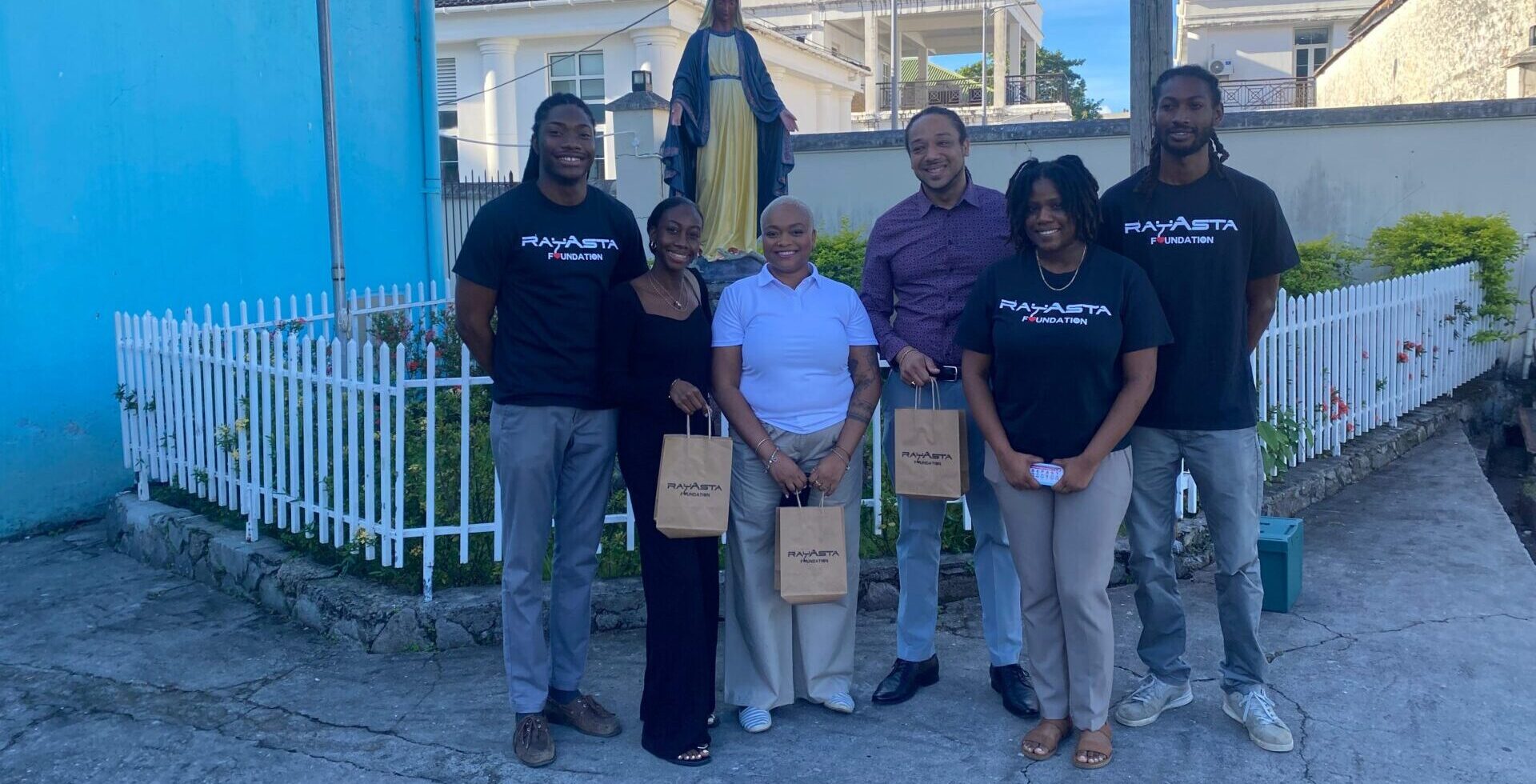The Division of Health, Wellness and Social Protection (DHWSP) in Tobago has announced an extensive drug prevention campaign through its Alcohol and Drug Abuse Prevention Programme (ADAPP), scheduled to run from January through June 2026. The initiative will deliver targeted educational interventions across multiple demographics in six Tobago districts.
The comprehensive program will specifically engage Standard Three primary school students with age-appropriate drug education, refusal skills training, and healthy alternative strategies. Parallel sessions will be conducted for Parent-Teacher Associations, equipping parents with skills to identify warning signs, establish supportive home environments, and facilitate constructive drug-related conversations with their children.
Health center outreach components will incorporate drug screening services, necessary interventions, and referral systems to ensure at-risk individuals receive timely support alongside drug awareness presentations.
A highlight of the 2026 calendar includes Drug Awareness Week from February 9-12, focusing on the connection between substance use and stress. The week will feature interactive sessions with Standard Four students utilizing Trinity SMART videos, Fatal Vision Goggles, and Smoker’s Lung and Mouth Specimens for enhanced learning. February 11 is designated as Drug Awareness Media Day, featuring live interviews across traditional and social media platforms to broaden audience engagement.
The initiative will culminate in a public Expo on February 12 at Lowlands Mall, with participation from multiple stakeholders including the Trinidad and Tobago Police Service (TTPS) and Tobago Regional Health Authority (TRHA).









